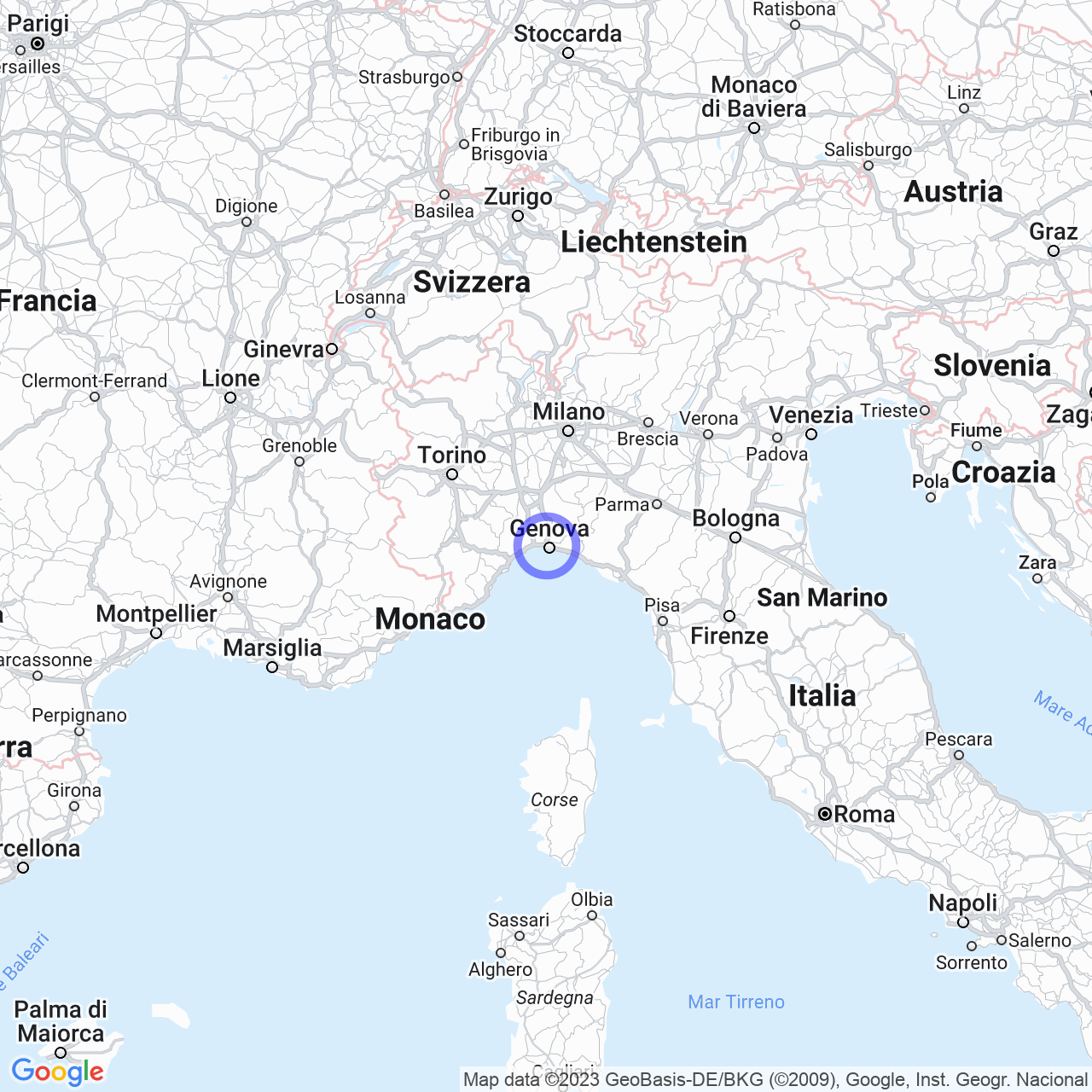Camaldoli
The Code of Camaldoli: The Programmatic Document
The Code of Camaldoli is a programmatic document elaborated in Italy in July 1943 by a group of Catholic intellectuals. It addresses all topics of social life: from family to work, from economic activity to the relationship between citizens and the state. Its purpose was to provide Catholic social forces with a unitary base to guide their action in liberated Italy.
The Code of Camaldoli served as inspiration and a guiding line for the action of the Christian Democracy, which was forming at that time and which, after the Second World War, was, for several legislatures, the major governing party.
Participants
The meeting was held in Camaldoli (a fraction of Poppi) from July 18, 1943 to July 24, 1943. It was organized as one of the "Weeks of Theology for Laity" or "Social Weeks" so as not to arouse suspicion from the regime. The main promoters of the meeting were Sergio Paronetto and Vittorino Veronese, the latter being the general secretary of the "Catholic Institute of Social Activity."
Experts in Catholic faith from all branches of social sciences gathered at the Camaldolese monastery to reflect on the principles that govern social order. About thirty people participated, including some young people from the Italian Catholic Action.

Premises and Context
In his invitation letters to the conference attendees, Vittorino Veronese attached the "Malines Code" as a discussion outline, the first attempt at Catholic social doctrine, elaborated in 1927.
Determined to overcome the corporatist conception of the fascist regime, the participants elaborated the principles of a new organization of the State, alternative to both liberalism and social communism, in which Catholics could play an active role.
The Final Document
The final document was published in April 1945 in the university student magazine of AC with the long title "For the Christian community. Principles of social order by a group of scholars friends of Camaldoli."
None of the signatories was present representing religious or political entities: each of the participants took personal responsibility for the opinions expressed.
The Code of Camaldoli represented an important step in the history of Catholic social doctrine and influenced the birth of the Christian Democracy and the political choices of Italian Catholics in the postwar period.
The Legacy of the Code of Camaldoli
The Code of Camaldoli still represents a point of reference for Catholic social doctrine, particularly for its proposals of a society based on cooperation among different social components, on social economy, and on the importance of human values in political life.
The legacy of the Code of Camaldoli has also been taken up by Pope Francis, who invited Christians to engage in a "revolution of tenderness" to build a more just and solidary society.
In conclusion, the Code of Camaldoli represents an important contribution to the reflection on Catholic social doctrine and to the construction of a more just and solidary society. It still represents a point of reference for Catholics engaged in the political and social life of our country.
